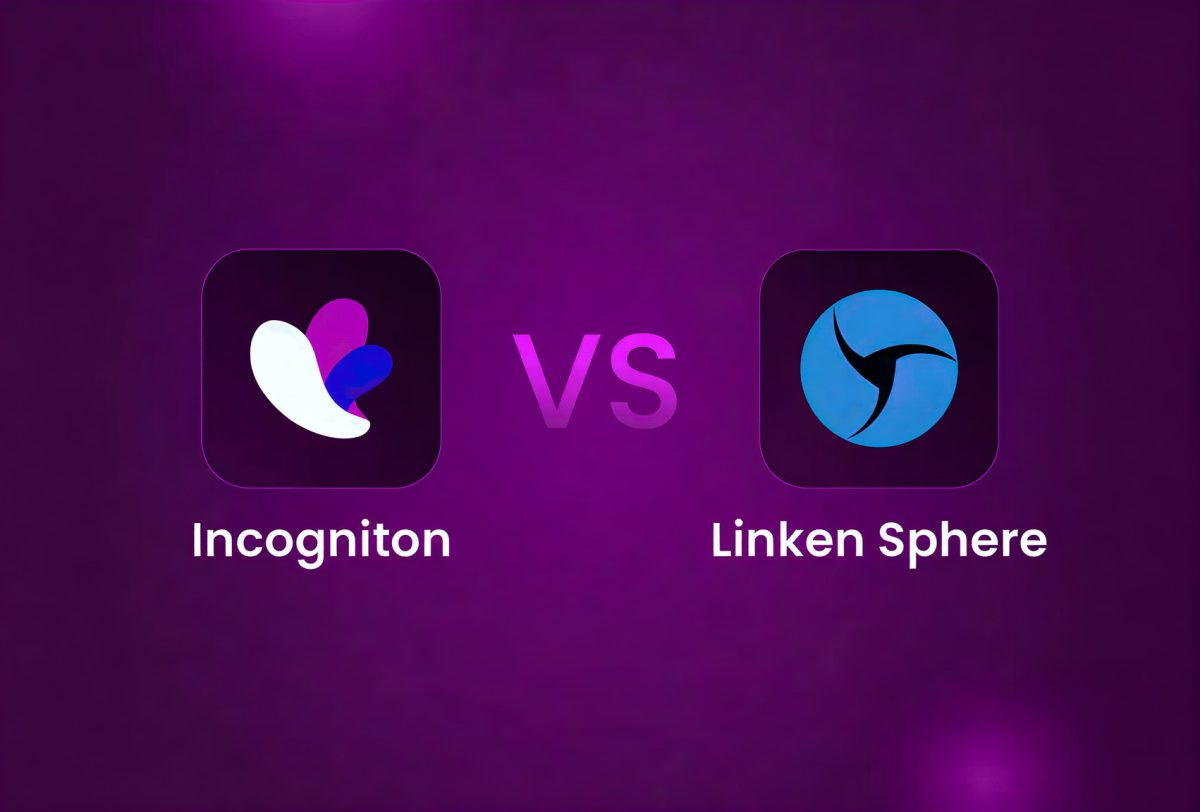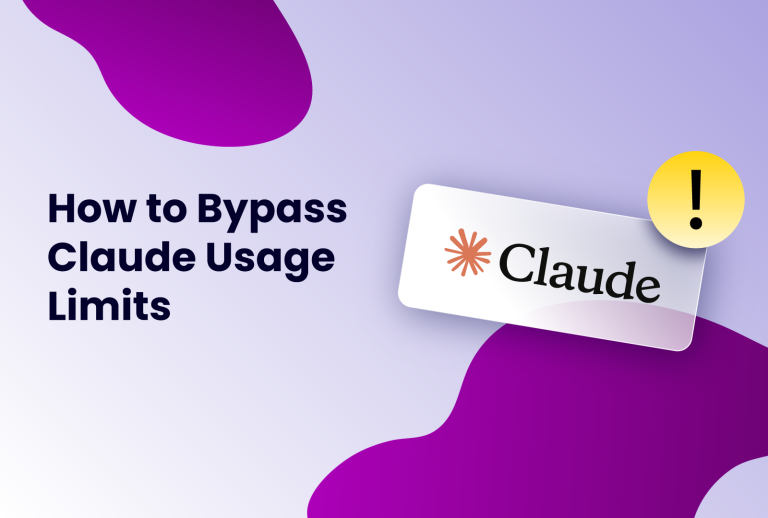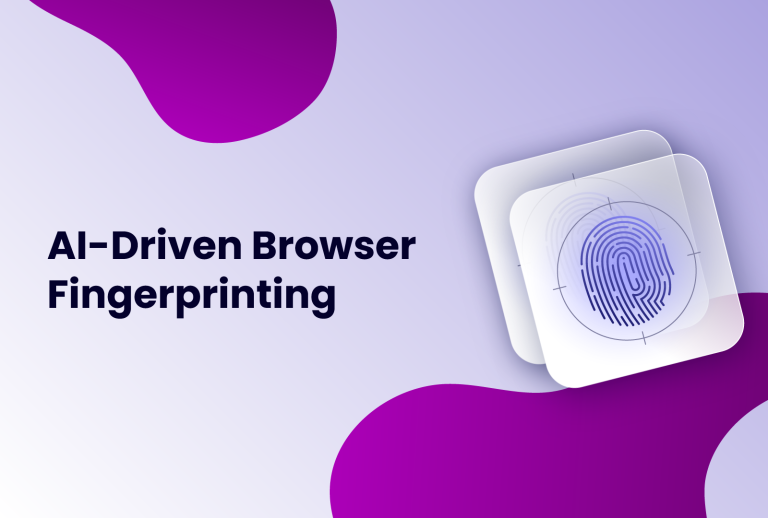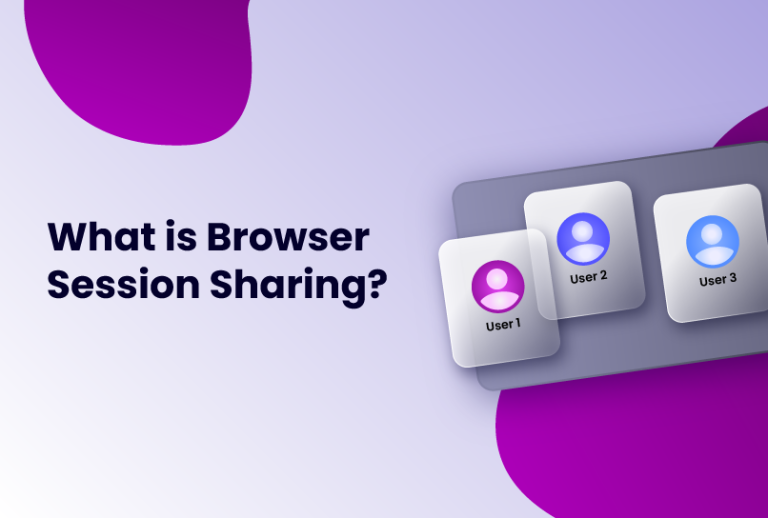Linken Sphere was first introduced around 2017 and quickly developed a mixed reputation, praised for advanced capabilities but criticised for questionable use cases. Its origins can be traced to a group known as Tenebris on dark-web forums. From the start, its main selling point was the ability to bypass anti-fraud systems, which attracted both power users and attention from cybersecurity researchers and commentators.
Over time, the team has tried to rebrand the tool toward legitimate uses like affiliate marketing and social media management (SMM), but its dark-web origins still cloud its reputation. On Trustpilot, it holds a modest 4-star average rating from 15 reviews. The consensus reinforces its image as a technically sophisticated yet high-barrier tool best suited for experienced operators.
Incogniton, on the other hand, was introduced to the anti-detect browser market in 2020, and since then, it has built a reputation as an affordable yet powerful anti-detect browser that combines advanced fingerprinting protection with ease of use and team collaboration tools. It has a 4.6/5 Trustpilot rating, with users often citing reliability, automation integration, and profile management as standout features.
Incogniton vs Linken Sphere: Key Features Comparison
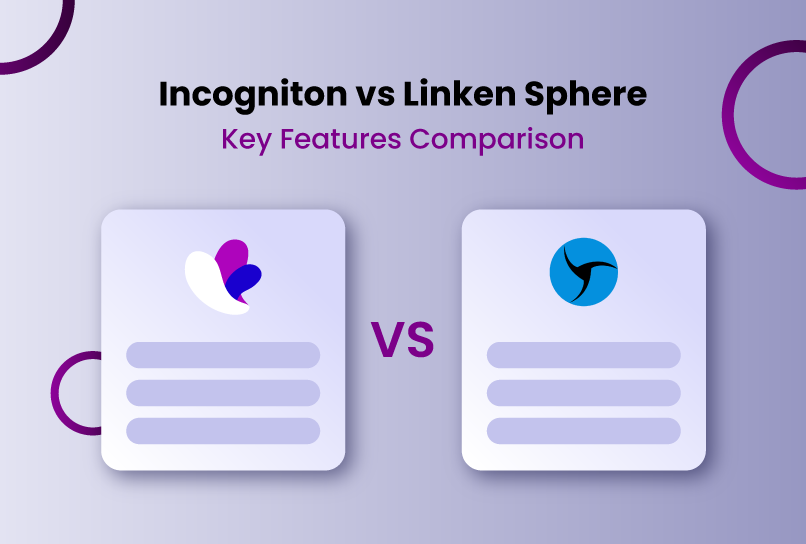
TL, DR? Skip to the end for a quick table with the main points of comparison.
Anti-Fingerprinting Technology
Both Incogniton and Linken Sphere are built to counter browser fingerprinting and tracking, but they take distinctly different paths to achieve that goal. Linken Sphere prioritises deep technical control, while Incogniton focuses on usability, reliability, and consistent protection with minimal setup.
Linken Sphere is by far the more complex option. Its architecture allows granular manipulation of nearly every fingerprinting parameter, like canvas and WebGL rendering, audio context, fonts, hardware specs, screen resolution, time zone, language, and more. Its Hybrid Antidetect Mode can even auto-adjust these elements based on the site being visited, producing highly realistic digital identities for advanced use cases such as automation or large-scale account management.
Incogniton takes a simpler but effective approach. It randomizes key fingerprinting attributes like user agent, canvas, WebGL, and audio context to generate unique, isolated profiles that mimic real devices. It also receives frequent browser-core updates to ensure compatibility with major platforms and strengthen defenses against new detection methods.
While it doesn’t match Linken Sphere’s depth of manual control, it strikes a balance between realism and ease of use, thus it is more accessible to individuals/teams without heavy technical experience.
Profile Management
Both Linken Sphere and Incogniton support local and cloud-based profile storage, making it easy to manage multiple browsing identities securely across devices. Each allows bulk profile creation and integrates proxy management per profile.
Where they differ is in how they name and execute other features. Linken Sphere refers to its profiles as “sessions” and includes a built-in Session Provider tool for generating and configuring multiple profiles at once. Its Smart Window Control system offers an advanced, tab-like interface for organizing sessions, while a “Warm Up” feature automatically builds natural browsing histories to reduce detection.
Incogniton uses the standard names. It has a profile dashboard that provides an organized hub to view and launch any of your identities easily. Advanced filtering and search make it easy to sort through even hundreds of profiles. It also has a robust suite of cookie management tools that allows you to import and export cookies. Its Cookie Collector is the equivalent of the Linken Sphere’s Warm Up feature. It lets you build authentic browsing histories fast. Instead of clicking around manually, it visits real websites and gathers session data that platforms expect to see.
Proxy Integration
Both Linken Sphere and Incogniton offer full proxy support for masking IP addresses and managing location-based identities. They’re compatible with major proxy types, including SOCKS5, HTTP, and HTTPS, allowing users to assign a unique proxy to each browser profile and maintain strong network separation across sessions.
Where they diverge is in setup and usability. Linken Sphere gives users total control but no convenience: it requires manual input of proxy credentials—IP, port, username, and password—and lacks any built-in marketplace or testing tools. You’re responsible for managing connection stability and IP rotation yourself, which suits technically skilled users but adds setup friction.
Incogniton, by contrast, streamlines everything. It includes a proxy management suite with a built-in marketplace and the ability to import proxy lists, test speeds, and verify IPs directly in the dashboard. It even bundles free proxies for users who don’t want to purchase their own for a start or with very simple use cases.
Team Collaboration
Team management is another point of difference. Linken Sphere offers more raw flexibility for complex organisational structures; Incogniton is simpler and more user-friendly for distributed teams.
Linken Sphere includes robust multi-user features that let you create multiple teams, assign roles, and define granular permissions. This flexibility suits large organizations with distributed teams, though the steep learning curve and higher pricing may limit accessibility.
Incogniton also supports collaborative workflows, but in a cleaner, more guided way. Teams can share browser profiles securely without exposing local data. Profiles can be shared securely across teams, and administrators can assign custom permissions like view-only, edit, or full access.
Automation Capabilities
Automation within Linken Sphere is powerful but not beginner-friendly. It offers its own RPA (Robotic Process Automation) module for running repetitive browser tasks using templates or custom scripts. However, it demands technical expertise and lacks support for popular frameworks like Puppeteer, making complex integrations harder to achieve. It’s best suited for users with prior experience in automation environments.
Incogniton, meanwhile, integrates directly with Puppeteer, Playwright, and Selenium, three of the most popular automation frameworks. This gives users the freedom to build automated workflows with minimal technical friction. The browser also has a set of no-code automation tools that are ideal for non-technical users. For instance, the Synchronizer tool also allows one to perform identical actions across multiple tabs simultaneously. Also, Paste as Human Typing mimics real keystrokes and so eliminates the need to start typing when dealing with sensitive websites.
Performance and Reliability
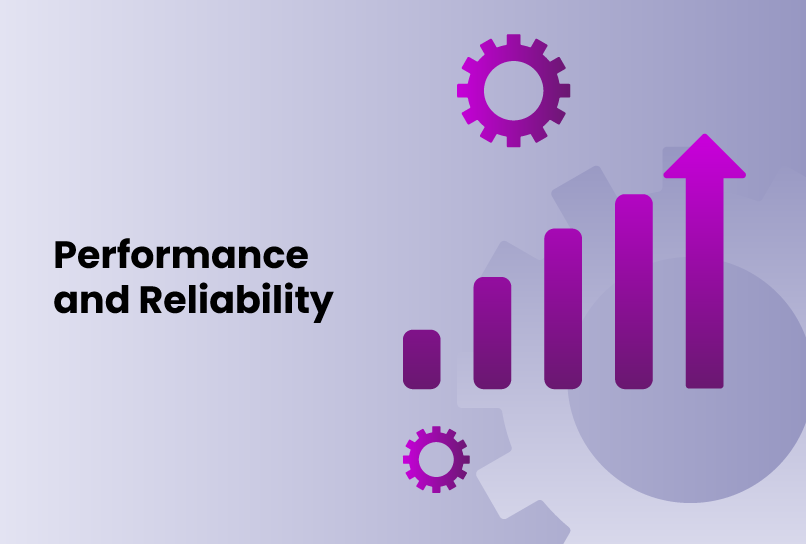
Both are chromium-based browsers and receive frequent core updates to stay ahead of anti-fraud detection systems
As of 2025, Linken Sphere is compatible with Windows and macOS (including M-series chips). Linux support has been discontinued. Performance is generally stable. The interface, while comprehensive, can be overwhelming for new users due to its abundance of settings for fingerprinting, proxy management, and device emulation. However, once configured properly, it handles identity management efficiently and passes most major fingerprint leak tests.
Incogniton is lighter and faster to deploy. It supports Windows and macOS. The interface is intuitive, setup takes minutes, and performance remains consistent even with multiple active profiles. Each profile runs in a self-contained environment that prevents conflicts or crashes common in heavy multitasking scenarios. The trade-off is slightly higher memory use because of the virtualization needed for fingerprint isolation.
| Specification | Linken Sphere | Incogniton |
| OS | Windows, macOS | Windows, macOS |
| RAM | 4GB min (8GB+ recommended) | 4GB min (8GB+ recommended) |
| Storage | 1GB free space | 500MB free space |
| Mobile Support | None | None |
Pricing
Linken Sphere operates on a per-session-based pricing model:
- Pure Plan: $30/month (10 sessions)
- Light Plan: $100/month (100 sessions)
- Pro Plan: $152/month (300 sessions)
- Enterprise Plan: Up to $600/month (2,000 sessions)
Annual plans include about 30% off, but payment is crypto-only—no cards, PayPal, or invoices.
Incogniton, by contrast, uses a more conventional tiered pricing system:
- Free Plan: Up to 10 profiles
- Starter: $29.99/month (50 profiles)
- Professional: $79.99/month (200 profiles + automation)
- Business: $149.99/month (unlimited profiles + team support)
Incogniton accepts multiple payment methods (credit card, PayPal, crypto) and provides invoices for compliance—an important factor for business teams.
Support and Documentation
Linken Sphere claims 24/7 support via live chat and Telegram, but user reviews suggest inconsistent responsiveness. Documentation is sparse and often highly technical, leaving beginners reliant on online communities like BlackHatWorld and Zelenka for practical help.
Incogniton provides email and live chat support with documented response times, a comprehensive knowledge base, and a library of video tutorials covering setup, proxies, and automation. The onboarding experience is far smoother, especially for new users.
Feature Comparison Table
| Feature | Incogniton | Linken Sphere |
| Anti-Fingerprinting Tech | Advanced & Well-Rounded | Highly Advanced & Granular Anonymity |
| Automation Feature Set | ||
| Support for Selenium, Puppeteer, and Playwright | Yes | No |
| RPA support | No | Yes |
| No-code Automation tools like Synchronizers, Paste like human typing | Yes | No |
| Collaboration Features | Yes | Yes |
| Profile Management | ||
| Cloud Sync | Yes | Yes |
| Local Sync | Yes | |
| Bulk management tools (create, import/export cookies, tagging). | Yes | Yes |
| Encryption | Yes | Yes |
| Pricing | ||
| Free Plan | Available (3-10 profiles). | Available (5 sessions). |
| Paid Plans | Starts at $19.99/month for 10 profiles | Starts at $24/month for 30 sessions. |
| Payment Method | Supports American Express, Visa, Mastercard, iDeal, Bitcoin | Primarily accepts Cryptocurrency (important note). |
| Support Channels | Telegram live chat or email | 24/7 support via live chat and Telegram |
Conclusion
As you can already tell, Linken Sphere is a powerhouse for technically skilled users who need microscopic control over every browser parameter. It’s ideal for advanced operators managing high-risk, high-volume projects—provided they can handle manual configuration and crypto-only payments.
Incogniton offers a more balanced, user-friendly approach. It combines robust fingerprint protection, flexible automation, and collaborative tools with an interface designed for speed and simplicity. It’s the smarter fit for teams, agencies, or individuals who want enterprise-level anonymity without the steep technical barrier.
However, if you’re still unsure which fits your workflow, the easiest way to decide is to test their free versions side by side. You’ll quickly see whether you need Ghost Browser’s simplicity or Incogniton’s full privacy stack.
